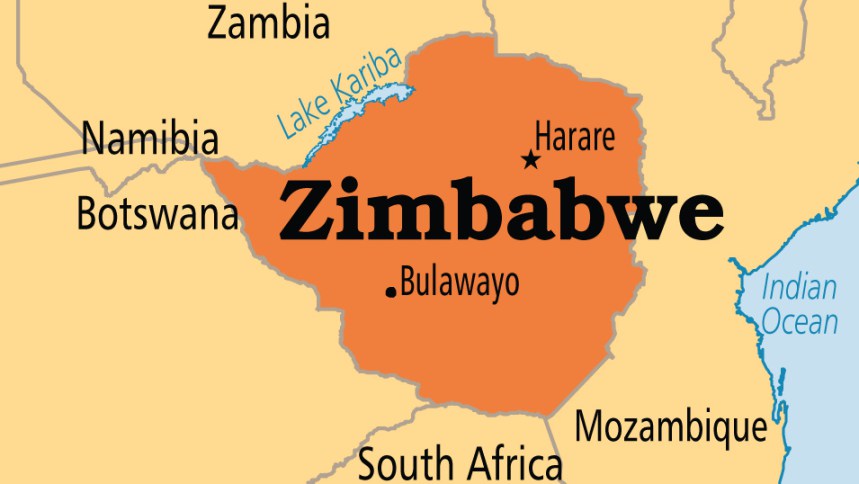
IMF warns Zimbabwe against boosting pay for state workers

The International Monetary Fund is urging the government of Zimbabwe to reject a plan to boost wages for state workers at this time. The introduction of a new currency pushed up inflation and reduced spending power to a 10th of what it was as recently as February.
In the six years to 2016 Zimbabwe boosted pay for its about 400,000 civil servants to a level where their pay accounted for more than 90% of tax revenue compared with 40% in 2010, Patrick Imam, the IMF’s resident representative in Zimbabwe said.
“The government wage bill is now on a sustainable footing,” he said in response to questions. “Looking ahead, it is crucial that public wage growth be aligned with economic growth and government revenue.”

This puts the IMF at odds with Zimbabwe Finance Minister Mthuli Ncube, who said in an interview that he’s in favor of boosting wages in both the public and private sectors to restore living standards and create consumer demand. Ncube has also said he expects the economy to contract this year for the first time since 2008.
“What people are feeling is really wage compression,” he said. “Prices adjusted instantly to the exchange rate, but wages have been too slow to catch up with the adjustment. The issue is about wage adjustment and I’m a big champion of wage adjustment.”
Ncube’s government has implemented harsh austerity measures including regular hikes to fuel prices in a bid to comply with an IMF staff monitored program seen as a precursor to getting debt relief that’s needed to restore an economy that’s been stagnant for two decades. It will also need to implement a series of political reforms to convince its creditors to participate in any debt restructuring.
The IMF program is due to end in March with its first review scheduled for next month.
“The staff monitored program is also intended to assist in resolving the long-standing arrears to external creditors and facilitate re-engagement with the international community,” Imam said. “Given the recent history of Zimbabwe, in particular the fact that the country has arrears to other international organizations, as well as bilateral arrears, the fund is not yet in a position to financially support the country.”
Zimbabwe’s economy collapsed after a wave of seizures of white-owned commercial farms that began in 2000 slashed export income. In November 2017 Robert Mugabe, who has led the country since 1980, was ousted as president in a coup and replaced by Emmerson Mnangagwa. Ncube was appointed about a year ago and tasked with putting the economy back on a sound footing.






